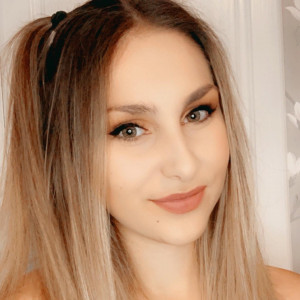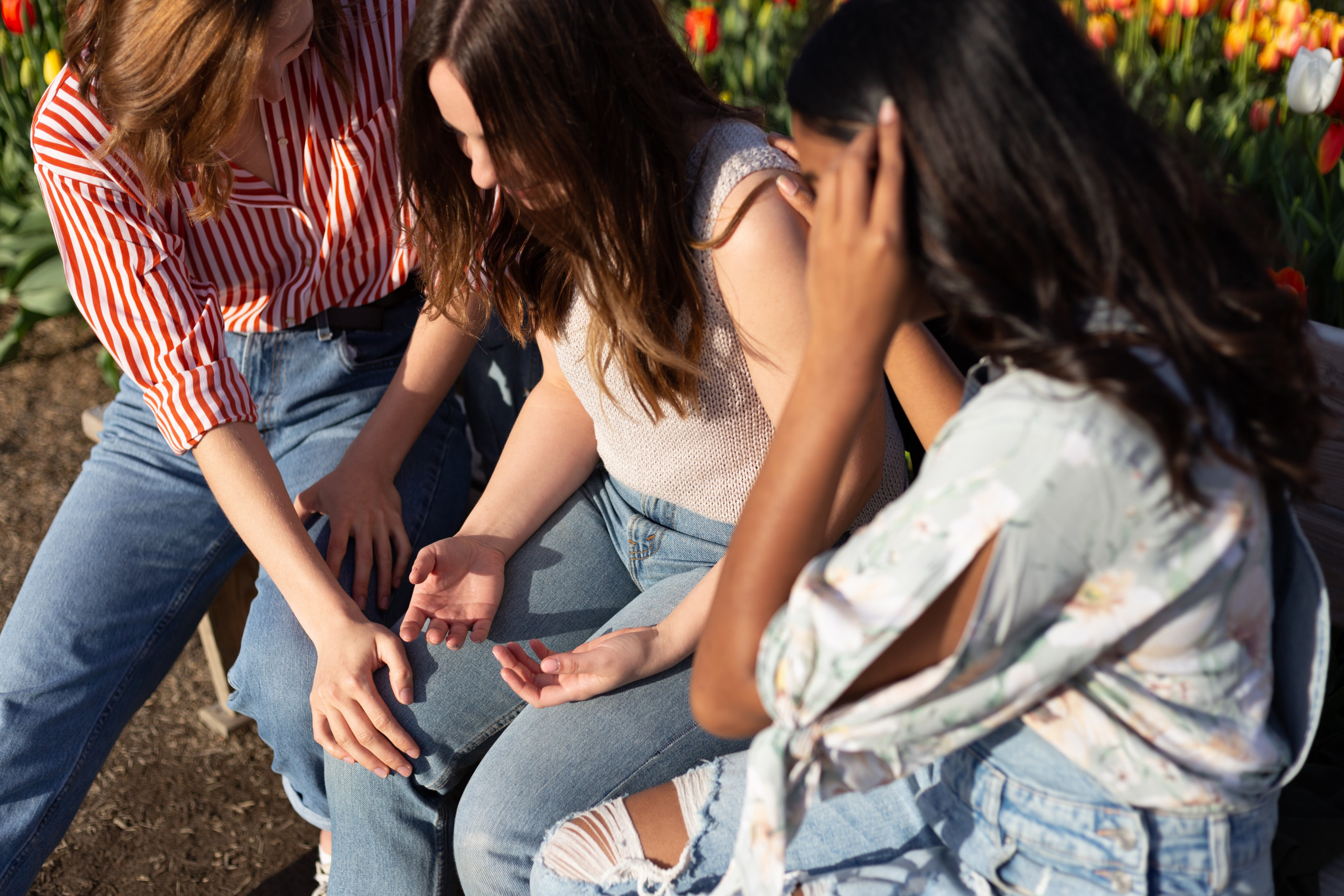My Anorexia Story
It’s pretty difficult to pinpoint exactly when I turned to food as a way of feeling like I had control of my life. It wasn’t like I just woke up one morning and thought from now on I’m going to start restricting my eating and counting calories. It felt like it was very slow and almost felt ‘natural’ in a very weird and twisted way. Slowly pushing myself to eat less and less calories and avoid more and more food groups that I labelled as ‘bad’.
My experience with anorexia felt like it was one of the most competitive times of my life, constantly comparing myself to others and questioning how much further I could take it. I was never happy. No matter how much weight I lost I still felt I had to have a new target to lose even more. In a way it gave me something to be momentarily proud of that I had achieved something but then seconds later I was feeling down like I could go further. To make matters worse when going to the GP to be told that my BMI wasn’t quite low enough to get help that made me want to restrict even more to prove that I was sick and did need help.
I honestly missed eating the foods, the foods that I always enjoyed, like really missed them. But no matter how hard I tried to convince myself that I ‘deserved’ them, I always found a reason to tell myself I didn’t. It was a way of getting control in my life when I felt I didn’t have any. The honest truth about any eating disorder is it does the absolute opposite.
The more poorly I got the less choices I had on what me or my body was doing. I already felt unattractive before my anorexia but because of my weight loss and side effects it made me feel even worse about the way I looked. I had tiny downy hairs all on my arms and body which was my body’s way of defending itself and keeping warm, but my hair on my head was falling out as I didn’t have the right nutrients in my body for it to grow. I lost my figure completely; I had no boobs or bum which was a massive thing to me because I love looking and feeling feminine. Not only that but because I wasn’t healthy enough my periods completely stopped. At this point I realised that what I was doing to myself was wrong and I needed help.
I can honestly say that I don’t know where I would be today if First Steps hadn’t been there. First Steps didn’t need me to tick any criteria to say ‘yes’, I needed help. They just needed me to say that yes, and that I did feel like I had a problem with food.
I started off having 1 to 1 sessions, talking about my difficulties with food and body image and went to the young person’s support group. It was great to feel like I wasn’t the only one who was struggling with this and have someone fully understand where I was coming from. Because my weight was very low by the time, we found out about First Steps they helped push me through as an emergency referral to CAMHSED.
Through the medical help from CAMHS and support from First Steps I was able to restore the weight I had lost with assistance. To begin with I didn’t feel like I was ever going to get better, I felt I didn’t deserve to get better, I felt very lost and isolated. It took being told by my doctor that if I carried on the way I was I would be dead in less than 6 months for me to realise I needed to get better and try so hard to get through this.
Recovery is not straight forward. It didn’t happen overnight. It certainly wasn’t easy. Recovery is very up and down and some days you will feel like waking up and slipping back to old habits, but fighting the urge is the only thing that will truly make you better. For me, getting through this meant facing my fear foods and taking supplements to restore the weight. I would go out for meals with my therapists to talk about how it made me feel in the moment and help me fight the voice that was telling me I was undeserving. With this support and understanding I felt less ‘weird’ for having these thoughts and made it easier for me to accept the illness and the recovery journey ahead.
For me having someone understand the way my brain was thinking made recovery so much easier. My parents went to the skills for carers group at First Steps, for me this was the best thing in my recovery journey. I felt less guilty for my anorexia as I knew that they had a better understanding of how to help me and had a group of people they could talk to who all were going through the same.
Recovery for me made me realise how much enjoyment I’d missed out on in the last few years. I don’t know when I’ll say that I’m fully recovered. But now I have the tools and understanding to fight back against the thoughts that I have when they arise. I still have my days when I struggle and feel like I don’t deserve to eat and hate the way my body looks, but I now have enough respect for my body to make sure it has the right nutrients that it needs to function. I still miss the voice that used to tell me I was doing well when I was restricting but I now know that the voice wasn’t there to protect me, it wasn’t helpful and it certainly didn’t add any benefit to my life. I can now go out for meals with my family and friends and be in the moment and appreciate how far I have come.
If I had to give any advice for someone who is at the beginning of their recovery journey it would be don’t be afraid to speak out and say you need help, don’t accept no as an answer and focus on your own journey. Every recovery journey is different, just because your journey may be different to someone else it doesn’t make you any less deserving of help.

Contributed by Megan Collins,
Service user, volunteer and supporter of First Steps ED


